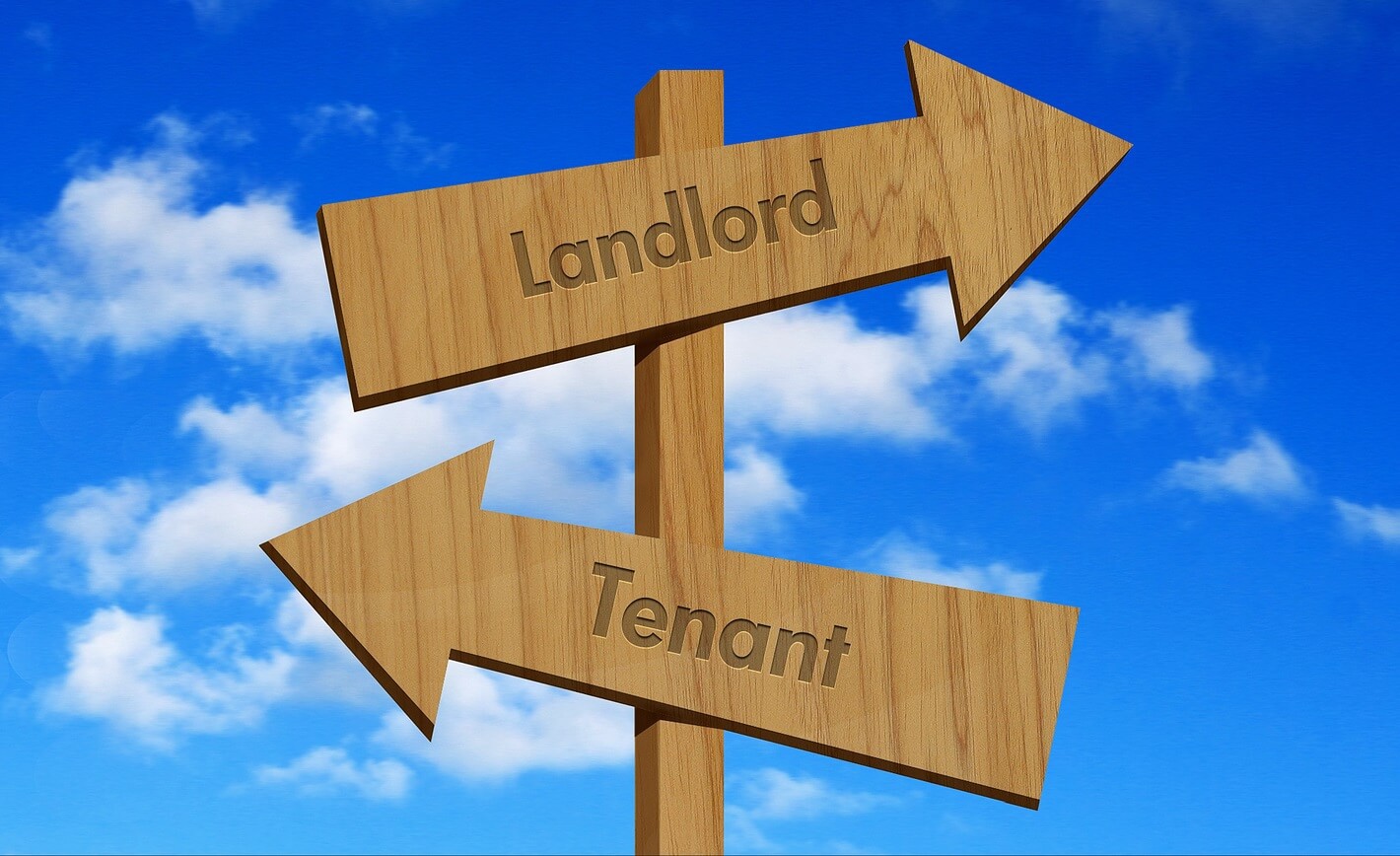One of the major reasons tenants choose to rent instead of buy is to avoid maintenance and repair costs. Though the long-run savings might not be worth it, sometimes the immediate ones are a better choice for some people. While most maintenance and repair costs fall on the home or building owner, there may be times when it is the renter’s responsibility to foot the bill. Here are some common issues renters run into and an explanation of who needs to fix it.
Mold and water damage
If you live somewhere humid or with frequent precipitation, there’s a chance your living quarters has mold. Though most mold isn’t dangerous, it can instigate health issues and cause symptoms such as headaches and respiratory distress. It is the landlord’s responsibility to provide livable and safe housing, even if there is not a set mold limit. If you find mold, you should request the owner both removes the mold and identifies the source. If the mold is a result of your behavior, your request may be rejected. Make sure you are properly ventilating your space so you are not creating a mold-growing environment.
Appliance issues
If appliances are provided with your property, preventive maintenance often is required to keep the appliances up and running. This can include replacing old, worn out hoses or servicing the HVAC system. Many local and state laws require landlords to provide adequate heating and in some warmer states, landlords also are required to provide air conditioning. Be sure to contact your landlord if you are having an appliance issue that you have not caused.
Pests
Just like with temperature control, pest-free living falls under the “safe and livable space” that needs to be provided by your landlord. In some states, there are legal requirements for landlords to manage infestations. It is important to keep your home clean because if the pest infestation is a result of uncleanliness, you may be held responsible. Good landlords will want to address the issue of pests and infestations quickly to protect both you and their property.
Cooperation is key
It is important to first check your lease when it comes to any repair or issue. It usually is spelled out clearly who is responsible for certain issues. With that in mind, cooperating with your landlord and having an open communication will help to keep any issues from becoming real problems. Make sure you report all issues, big or small, so your landlord is just as aware of it. Make those reports and requests in writing so that you have documentation if any bigger issues should arise. Lastly, be sure to invest in renters insurance to protect your belongings from issues out of your control.


